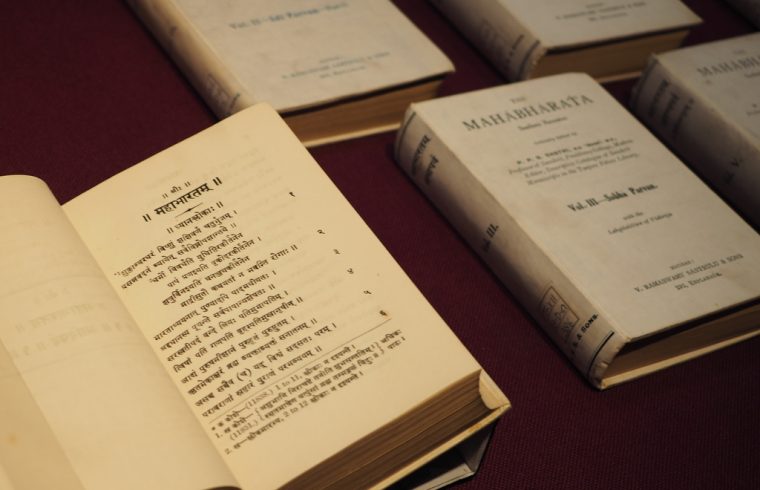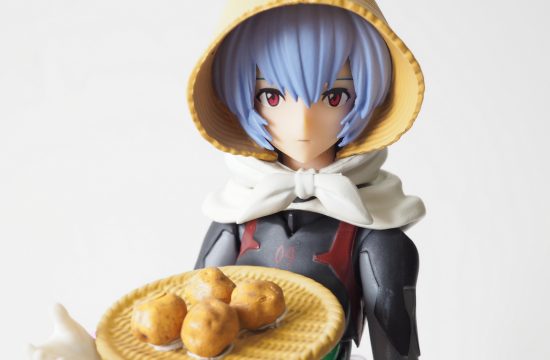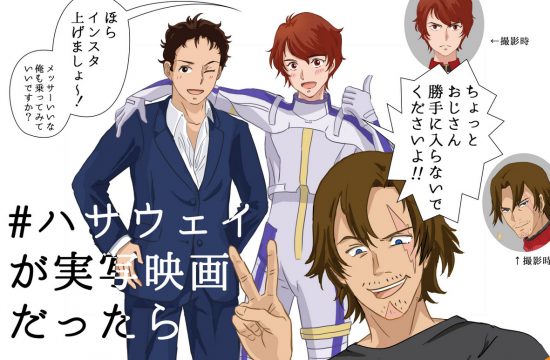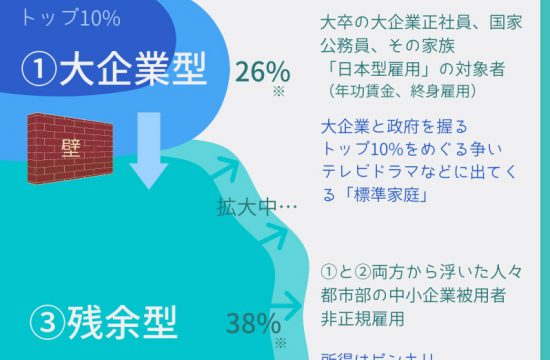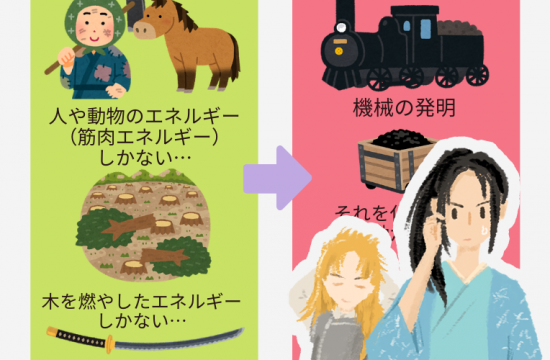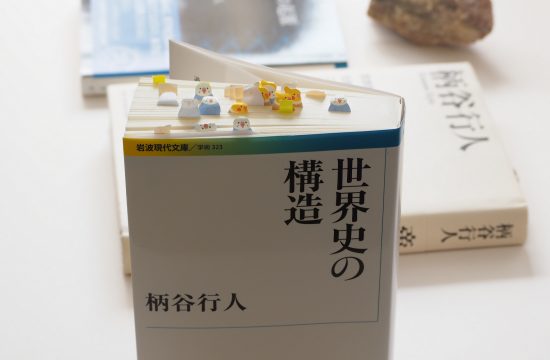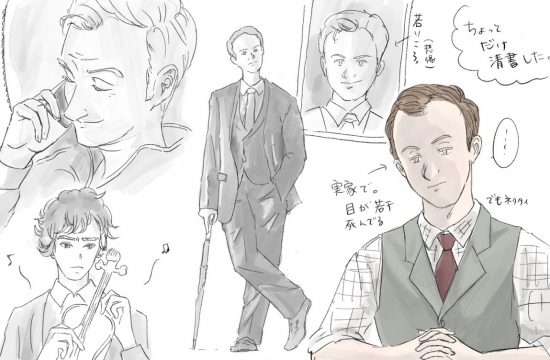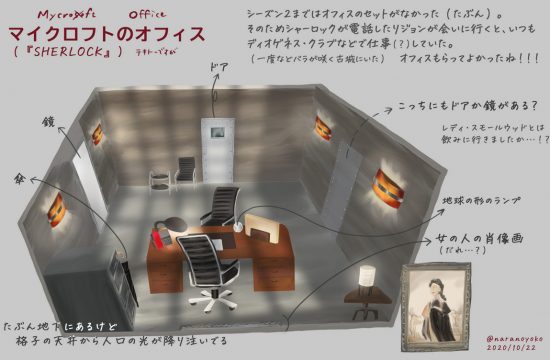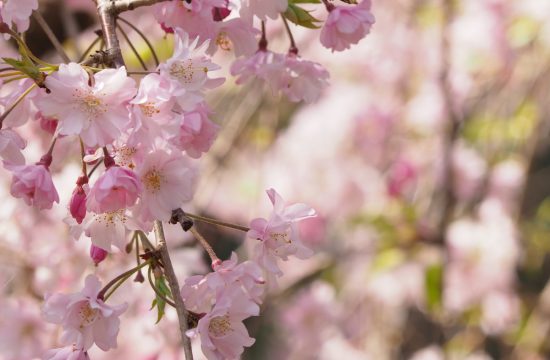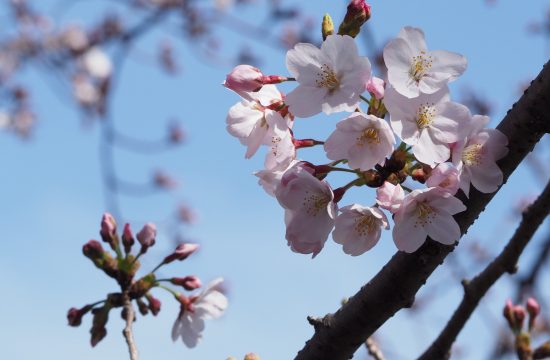英語版マハーバーラタ、その3。
これでカルナの死の場面はおしまいです。
Google翻訳さん、ありがとう! その1はこちら。
クライマックスなので、同じような表現が何度も出てくるし、難しい修辞句も多くてたいへん。
どうしてもよく分からない箇所は、「?」になっています。
それと、前回出てきた、Vrisha はカルナの別名でした。(しれっと直しました)
今回もサンジャヤ(戦全体を見通す心眼を持ったドリタラーシュトラ王の御者)が語る形式です。
Karna-parva(カルナの章)
91(続き)
カルナは二本の腕で車輪を掴んで引き上げようとしたが、大きな力を持っていたにもかかわらず、それが運命であるかのように失敗した。その間に、頭飾りをつけた高潔なアルジュナは、五感を取り戻し、死のロッド、致命的なアンジャリカ(anjalika)と呼ばれる矢を取り上げた。クリシュナはアルジュナに言った。「敵の頭を矢で切り落とせ。カルナが彼の戦車を元に戻す前に」
主であるクリシュナのこれらの言葉に賛同し、敵の車輪がまだ沈んでいる間に、強力な戦車の戦士アルジュナは、燃え上がる光輝でかみそりのように尖った矢を取り上げ、カルナの、しみ一つない太陽のように輝く、旗?戦車?を打った。
高価な象のロープの装置にも耐える戦車?は、黄金と真珠と宝石とダイヤモンドで飾られ、優れた知識の芸術家の第一人者たちによって注意深く鍛造された偉大な美を備え、さまざまな純金で飾られたものだった。その形は称賛を集めた。世の中全体で称賛され、壮麗さでは太陽にも似ていた。その光輝は火、太陽、月のようだった。頭飾りをつけたアルジュナは、かみそりのように鋭い切っ先の、黄金の羽をつけた矢、美しく燃え盛る、透明なバターをくべられたときの火の輝きを持った矢で、強力な戦士であるカルナの旗?を切り取った。
※the standard が何なのかよく分からず、とりあえず「旗」にしてみましたが、「象のロープ」との繋がりは不明です。
それが落ちたとき、名声、プライド、勝利の望み、そしてすべてのものが、同様にクル軍の心から落ちた、そして「おお!」とか「ああ!」 という大声がクル軍から生じた。そのクル族の英雄の旗?が切り捨てられて投げ捨てられたのを見て、クルの軍隊はもはやカルナの勝利に希望を抱いていなかった。
それからカルナの破滅を急いで、アルジュナは彼の矢筒からインドラの雷、あるいは火のロッドに似て、千の光線の太陽を持った、優れたアンジャリカ(Anjalika)の武器を取り出した。致命傷を与えることができ、血や肉で汚れ、火や太陽に似ていて、高価な材料で作られていて、男、軍馬、ゾウを破壊する(矢である)。まっすぐに猛烈に飛び、それは三キュビットも六フィートにもなる。何千もの目をしたインドラの雷の力をもち、夜のラークシャサ(魔物)のように強く、ピナカやナーラーヤナの円盤に似て、それは非常に凄まじい、すべての生類に破壊的なものだった。
アルジュナは、この矢の形をした偉大な武器を陽気に取り上げた。神々によっても抵抗され得ないその武器を。それらの崇高な神々はいつもパーンドゥの子に崇拝されていた。その矢はアスラも、まさにその神々をも打ち倒すことができるものだった。
その矢が戦いの最中にアルジュナの手に握られたのを見て、宇宙全体が、動くものも不動のものも揺れた。その武器が恐ろしい戦いで放たれるために持ち上げられたとき、リシ(賢者)たちは大声で嘆いて、宇宙に平和あれ!と叫んだ。神の弓ガーンディーヴァの支配者は、彼の弓にその類まれな矢を固定し、それを高次の、強力な武器(マントラ?)と結びつけた。
※アンジャリカ(Anjalika)って何だっけ? 人の名前?
※アルジュナがカルナを殺そうとするとき、「陽気に(cheerfully)」と二度もついているのが「おぃおぃ」と思ったりしますね。「元気よく」くらいの意味かな。なお、この時点ではアルジュナはカルナが実の兄であることは知りません。
彼の弓ガーンディーバを引いて、アルジュナはすばやく言った、「もし私がこれまで厳格な修行を実践し、師を満足させ、私を支えるも者の助言に耳を傾けていたならば、この矢が私の敵の身体と心を即座に破壊する強力な武器となるように。私に賛美され、非常な鋭さを持ったこの矢が、その真実によって、私の敵カルナを殺すことを許せ」
これらの言葉を言って、アルジュナはカルナの破壊のために、その恐ろしい矢を放った。その矢は、光輝に燃え立ち、古代の賢者アンギラスのAtharvan?に定められた儀式によって?、猛々しく効果的であり、彼自身も戦いにおいて死を耐えることはできない(ものだった)。
そして、アルジュナは、カルナを倒すことを望んで、高揚して言った、「この矢を、私の勝利に導いてくれ。火や太陽の輝きを持ったこの矢によって、カルナを死者の国(ヤマの前)に連れて行くように」
これらの言葉を言い、冠で飾られたアルジュナは、カルナに対する敵意を持ち続け、彼を殺すことを望みながら、太陽または月の輝きを持ち、勝利を授けることができる最も重要な矢で、彼の敵を打った。
強力な戦士によって放たれた、その太陽のエネルギーを纏った矢はあらゆる方角を光で燃え上がらせた。
その武器でアルジュナは、インドラ神がヴリトラの頭を雷で叩いたように、敵の頭を叩いた。そう、そして、王よ、その優秀な、強力な武器のマントラを吹き込まれた、アンジャリカの武器によって、インドラ神の息子(アルジュナ)は午後にカルナの首を落とした。
このようにアンジャリカの武器で切り落とされて、カルナの胴体は大地に倒れた。 クル軍のその総司令官の頭は、まだ輝きに彩られていて、それは昇った太陽の輝きに等しく、秋の子午線の太陽に似ていた。その頭も?、血まみれの円盤のような太陽がアスタの丘から落ちるように、地面に落ちた。
そう、その不本意に胴体を見捨てた、高潔なカルナの頭は、非常に美しく、常に贅沢で、それはまるで、非常な富を詰め込んだ広い大邸宅をまったく不本意に捨て去り置き去りにした所有者のようだった。
アルジュナの矢で切り落とされ、命を奪われたカルナの背の高い身体は、あらゆる傷から出血した血で、素晴らしく輝いていた。それは赤いチョークの山の頂上が雷で割れて引き裂かれたように倒れていた。雨の後のように、その傍らを流れ落ちる真紅の流れとともに。
それから、倒れたカルナの身体からウェルキン(天界)を貫く光が太陽を突き抜けた。
この素晴らしい光景は、王よ、カルナが倒れた後、人間の戦士たちによって眺められた。それから、アルジュナによって殺されたカルナを見て、パーンダヴァは彼らのほら貝を大きく吹き鳴らした。同じように、クリシュナとアルジュナも喜びにあふれ、時を逃さず、彼らのほら貝を吹いた。 カルナが殺害され戦場に横たわっているのを見て、ソーマカ軍は喜びに満たされ、パーンダヴァ軍の他の部隊と一緒に大声で叫んだ。
彼らは大喜びでトランペットを吹いて、彼らの腕と衣服を振り回した。王よ、すべての戦士はアルジュナに近づいて、喜んで拍手し始めた。他の者は、力を得て、踊ったり、抱き合ったり、大声で叫んで言った、
「幸運なことに、カルナは矢でずたずたにされて地面の上に伸びている」
確かに、カルナの切断された頭は、嵐によって緩められた山頂のように、あるいは、供儀が終わった後に消された火のように、または、アスタの丘に没した後の太陽の情景のように美しく見えた。
カルナという太陽は、その光線の矢で敵の軍隊を灼熱に焦がした後に、ついに強大なアルジュナという時間によって沈んだ。太陽のように、アスタの丘に向かって進んでいる間に、…?…、にもかかわらずそしてアルジュナの矢は放たれ、カルナの命の息を持ち去った?
御者の息子(カルナ)の死の時間は、その日の午後だった。その戦いで、アンジャリカの武器で切断されたカルナの頭は、胴体と一緒に倒れた。
太陽が彼と一緒に彼のすべての光線を奪うのを退けて、それでもアルジュナの矢はそれを持ってカルナの命の息を奪つた。
アルジュナの矢は、カウラヴァ軍の目の前で放たれたので、彼らはすぐにカルナの頭と体を持ち去った。英雄的なカルナが倒されて地面に横たわり、矢で貫かれ血を浴びたのを見ると、マドラスの王は旗を奪われたその戦車で去った。
カルナが倒された後は、カウラヴァ軍は次々と矢に射られ、恐怖に苦しんで戦場から逃げ出した、しばしば、彼らの目を光輝に彩られてそびえたつアルジュナの旗に注ぎながら。
千枚の花びらの蓮にも似た、優雅な美しい顔をしたカルナ、その偉業は千の目を持つインドラ神のような彼の頭は、彼が一日の終わりに見る千の光線の太陽のように地に沈んだ。
※As the Sun, while proceeding towards the Asta hills, のところ、よく分からないです。ひょっとして太陽神(カルナの父)が息子を助けようとしたことを言ってるのかな?
※次の章、92には、ドゥルヨーダナが、カルナが死んだと聞いて、「自分自身の邪悪な所業を思い起こし、暗い心で、ほとんど五感を奪われたようになって、繰り返し悲痛なため息をついた」とあります。(… reflecting on his own evil doings, Duryodhana, with a cheerless heart, became almost deprived of his senses and sighed repeatedly the very picture of woe.)
以上、非常に雑な直訳でしたが、ここまでお読みいただいた方、ありがとうございました。
全体の雰囲気はつかめたし、読んでいて楽しかったです。
次はドゥルヨーダナの最期の場面にチャレンジしてみたいですが、あのへんは長いのですよー。
ドゥルヨーダナは、最後にそれまでの仮面をかなぐり捨ててクリシュナに罵詈雑言をあびせるところ、結構好きなんですけど(笑)
